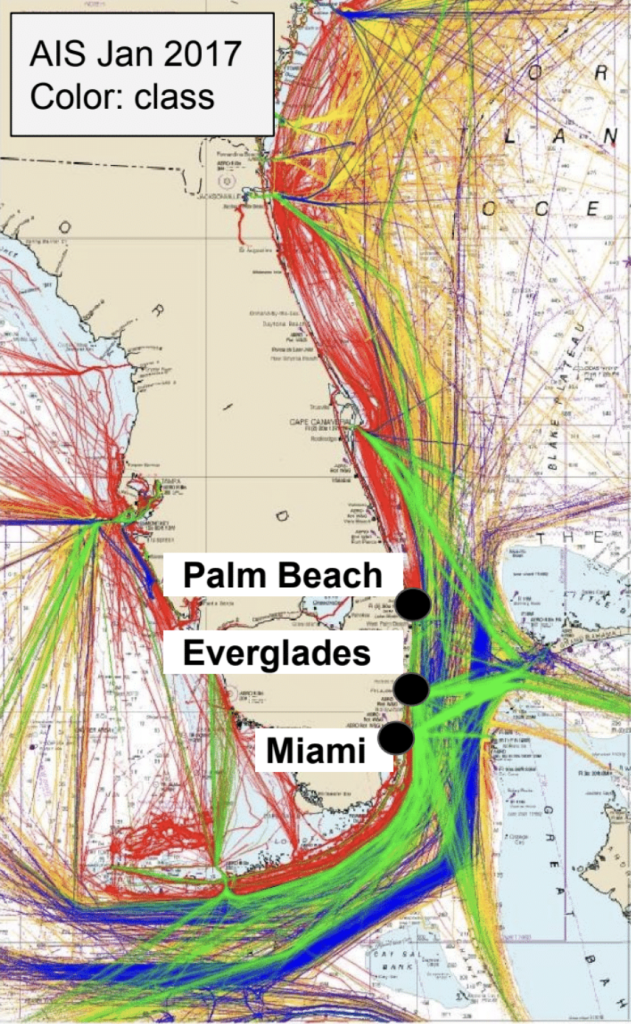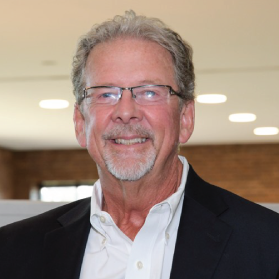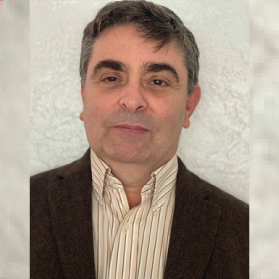– A SECOORA Funded Mini Project –
Project Overview
Major ocean currents can generate hazardous cross-currents near some ports. At the South Florida ports of Miami, Everglades, and Palm Beach, high cross-currents occur irregularly. Cross-currents can persist for hours to days as they meander in the Florida Current / Gulf Stream and shift their position westward onto the port access channels. This project developed a prototype Machine Learning (ML) algorithm to predict the probability of high cross-currents near the Port of Miami – one of the busiest ports in the Southeast.
Why this Matters

To aid in large-vessel traffic management, the tool transforms multivariate ocean current data into a product that can potentially be used to reduce the risks associated with vessel maneuvering under hazardous conditions. The prototype ML algorithm uses the HYCOM-modeled currents. The algorithm operates automatically, updating forecasted currents every few hours to ensure users receive consistent and accurate information.
The decision support tool predicts optimal transit windows for vessels to avoid hazardous cross-current conditions 24 to 48 hours in advance, reducing risk associated with vessel passages under high cross-current conditions.
Dr. Mark Luther, University of Florida College of Marine Science
Technical Report
A technical report titled, Improving the Management of Maritime Traffic in Southeast US Waters Using Machine Learning, on the ML algorithm can be found here.
This report is a summary of how the ML algorithm was developed.
Next Steps
This is a prototype application. There is a need for the inclusion of real-time data from NOAA PORTS such as acoustic doppler current profiler data and sea surface current data specifically from High-Frequency Radar available in South Florida. Additionally, the ML algorithm could be expanded to other ports in the southeast and beyond. Funding is needed to refine and test the product before becoming a forecasting tool that can be used by harbor pilots.
Project Partners
Dr. Mark Luther
Dr. Steven Meyers
Related news

Plankton Perfect: Using Imagery to Document Microscopic Marine Life
Dr. Enrique Montes is working to understand how plankton respond to changes in the ocean by capturing high resolution imagery with advanced technology. This work is funded by the Marine Biodiversity Observation Network (MBON) to use novel techniques like the Continuous Particle Imaging and Classification System (CPICS).

SECOORA Community Spotlight: Craig Harris
When Craig Harris signed on as the Emergency Management and Resiliency Coordinator for the city of Wilmington, North Carolina, he brought with him knowledge of water level sensors. SECOORA worked with Craig to install a water level sensor at the Love Grove Bridge in Wilmington, a site prone to flooding.

SECOORA Funding Opportunity Announcement: Letters of Intent Solicitation
SECOORA will submit a coordinated regional proposal in response to the anticipated FY 2026 Implementation of the U.S. Integrated Ocean Observing System (IOOS) funding opportunity. Letters of Intent to be considered for inclusion in SECOORA’s full proposal are due September 9, 2025.

